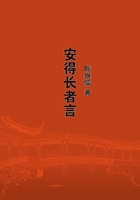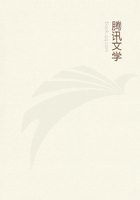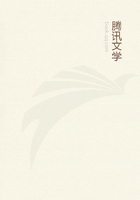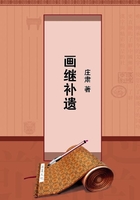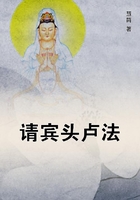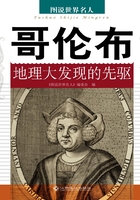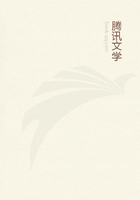§ 2.Such are the general lines of demarcation between the strictly business and the human valuation of the productive and consumptive processes.
We now perceive how close is the resemblance of the laws of human valuation as applied to the two sides of the equation of Wealth.This similarity is, of course, no chance coincidence: it inheres in the organic nature of society and of individual life.But, in order to proceed with our main purpose, the expression of the economic income in terms of human income, we must bring the two sides of the enquiry into closer union.We can thus get a fair survey of the current life of industry from the standpoint of wealth and waste, health and disease.So far as our national income, the £2,000,000,000 of goods and services, are produced by activities, which in their nature and distribution can be classed as Art, Exercise and Social Labour, and are consumed in ways conducive to the satisfaction of individual and social Needs, our industrial society is sound.
Probably the greater part of our income is thus made and spent.The necessity of attending more closely to the defects than to the successes of the present system must not lead us to disparage the latter.
If industry were in fact the irrational, unjust and utterly inhuman anarchy it is sometimes represented to be, it would not hold together for twenty-four hours.Not merely is the individual business in its normal state a finely adjusted, accurately-working complex of human skill, industry and cooperative good-will, but the larger and less centralised structures, which we call trades and markets, show a wonderful intricacy of order in their form and working.To feed the thousands of mills and workshops of England with a fairly regular supply of countless materials drawn from the wide world, to feed the millions of mouths of our people with their regular supply of daily food, are notable achievements of industrial order.
In concentrating, as we must, our chief thought upon the disorder of the system, the places where it fails, and the damage of such failure, we gain nothing by exaggerating the industrial maladies and their social injuries.
The proportions of order and disorder, health and disease, human cost and human utility, in the working of our industrial system are best ascertained by turning once more to our concrete mass of wealth, our income, and enquiring into the quantitative method of its distribution.
In examining the human costs involved in a given output of labour-power (and of other productive energy) we recognised that very much depended upon the conditions of that output, and particularly upon the length and intensity of the working-day and working-week.
Similarly, in examining the human utility got from the consumption of a given quantity of goods, we recognised that it will depend upon the sort and the number of persons who receive it for consumption.
So from both sides of the question we approach the central issue of the distribution of Wealth.
If the £2,000,000,000 of goods were found to be so distributed in the modes of their production as to involve no burden of toil and no injury upon the producers, while they were so distributed in income as to involve no waste or damage in consumption, the human utility it represented would reach a maximum and cost would be zero.
If, on the other hand, the same goods were largely produced by ill-nourished labourers, working long hours under bad hygienic conditions, and using capital largely furnished by the painful and injurious saving of the poor, while the distribution of the goods was such as to assign the bulk of them to a small affluent class, the masses living on a bare subsistence level, the human utility of such a system would be very small, its human cost very great.Judged indeed from any right standard of civilisation, an industrial society of the latter sort might represent a minus quantity of human welfare.
There might even be two nations of equal population and economic income, equally prosperous from the standpoint of statistics of commerce, which nevertheless, by reason of the different apportionment of work and income, stood poles asunder in every true count of human prosperity.
§3.Now the Human Law of Distribution, in its application to industry, aims, as we have seen, to distribute Wealth, in relation to its production on the one hand and its consumption on the other, so as to secure the minimum of Human Costs and the maximum of Human Utility.No bare rule of absolute equality, based upon the doctrine of equal rights, equal powers or equal needs, will conduce to this result.The notion that the claims of justice or humanity would be met by requiring from all persons an equal contribution to the general output of productive energy is manifestly foolish and impracticable.
To require the same output of energy from a strong as from a weak man, from an old as from a young, from a woman as from a man, to ignore those actual differences of age, sex, health, strength and skill, would be rejected at once as a preposterous application of human equality.If such an equal output were required, it could only be obtained by an average task which would unduly tax the powers of the weak, and would waste much of the powers of the strong.A similar human economy holds of the provision of capital through saving.To impose saving upon working folk whose income barely maintains the family efficiency, when other folk possess surplus-incomes out of which the socially necessary capital can be provided, is a manifestly wasteful policy.Those who have no true power to save should not be called upon to undergo this 'cost': all saving should come proportionately out of higher incomes where it involves no human sacrifice.Alike, as regards labour and capital, the true social economy is expressed in the principle that each should contribute in accordance with his ability.

